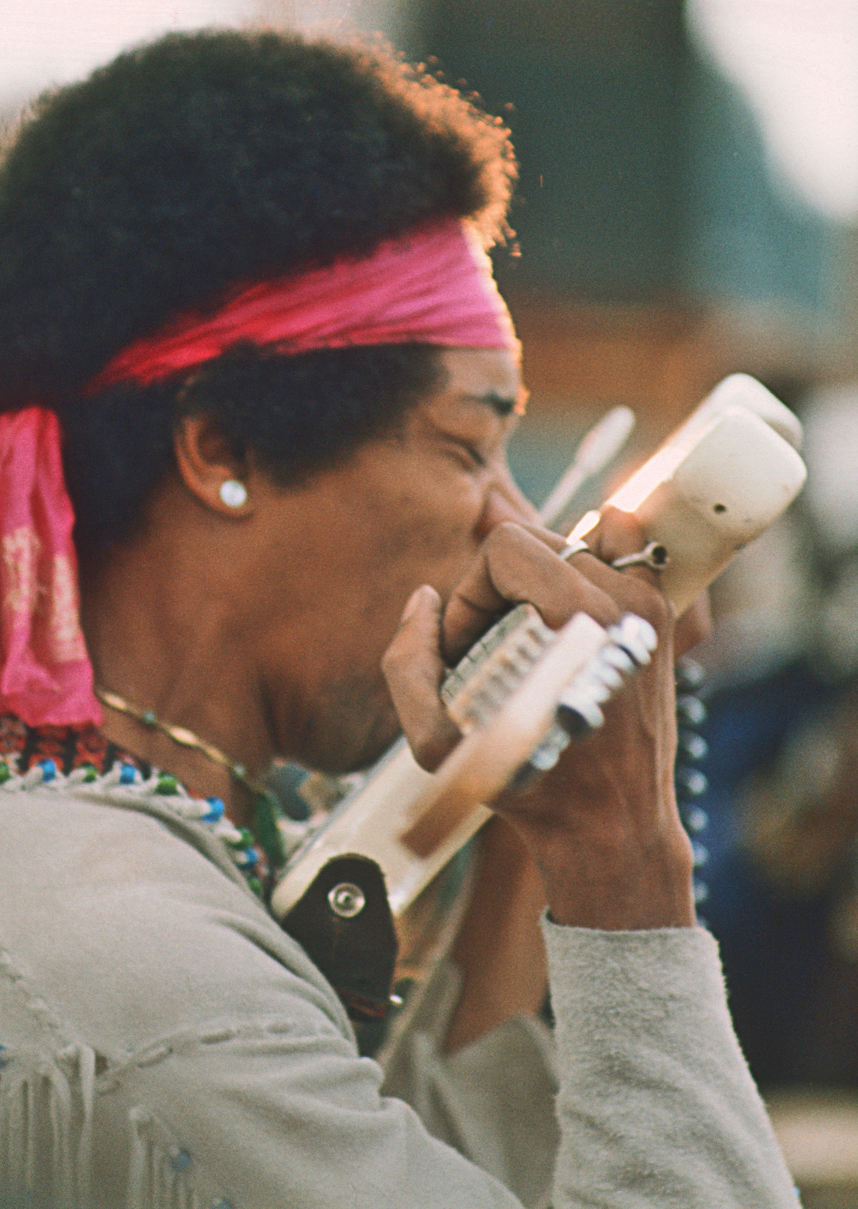Born on February
25, 1943, in Liverpool, England, George Harrison was known as ‘The Quiet Beatle’.
Harrison was a teen guitarist in thrall to Britain's 1950s skiffle revival — a
working class kid with a band called the Rebels. It was Paul McCartney, a
schoolmate one year ahead of Harrison, who invited the 15-year-old to jam with
the Quarrymen, a group led John Lennon. (Harrison had come three years behind
Lennon at his previous school.)
This band would
become the Beatles, and Harrison's diverse musical interests took them in many
directions. Harrison wrote some of the Beatles’ best-loved songs, including “If
I Needed Someone,” “Taxman,” “While My Guitar Gently Weeps,” “Something,” “Here
Comes the Sun” and “I Me Mine.” He also figured prominently in the group’s
decision to abandon live performances, where they were routinely drowned out by
screams, and instead devote their time to the recording studio. Of life with
the Beatles, he pithily remarked, “We met everyone in the world and never had a
moment’s peace.”
Besides, he left
behind an impressive legacy as a solo artist. Harrison’s 11 studio albums (not
counting best-of’s) include the masterful All Things Must Pass (1970) and a
memorable late-career milestone, Cloud Nine (1987). He was the first Beatle to
tour the U.S. as a solo artist and also launched his own label (Dark Horse
Records). Most important, Harrison wrote and sang about spirituality and
transcendence. He immersed himself in Indian music at Beatlemania’s height and
became a lifelong devotee of Hindu religion, Krishna consciousness and Vedic
philosophy.
George Harrison
died of lung cancer on November 29, 2001, at a friend’s home in Los Angeles. He
was 58 years old.
My favorite George Harrison songs:





